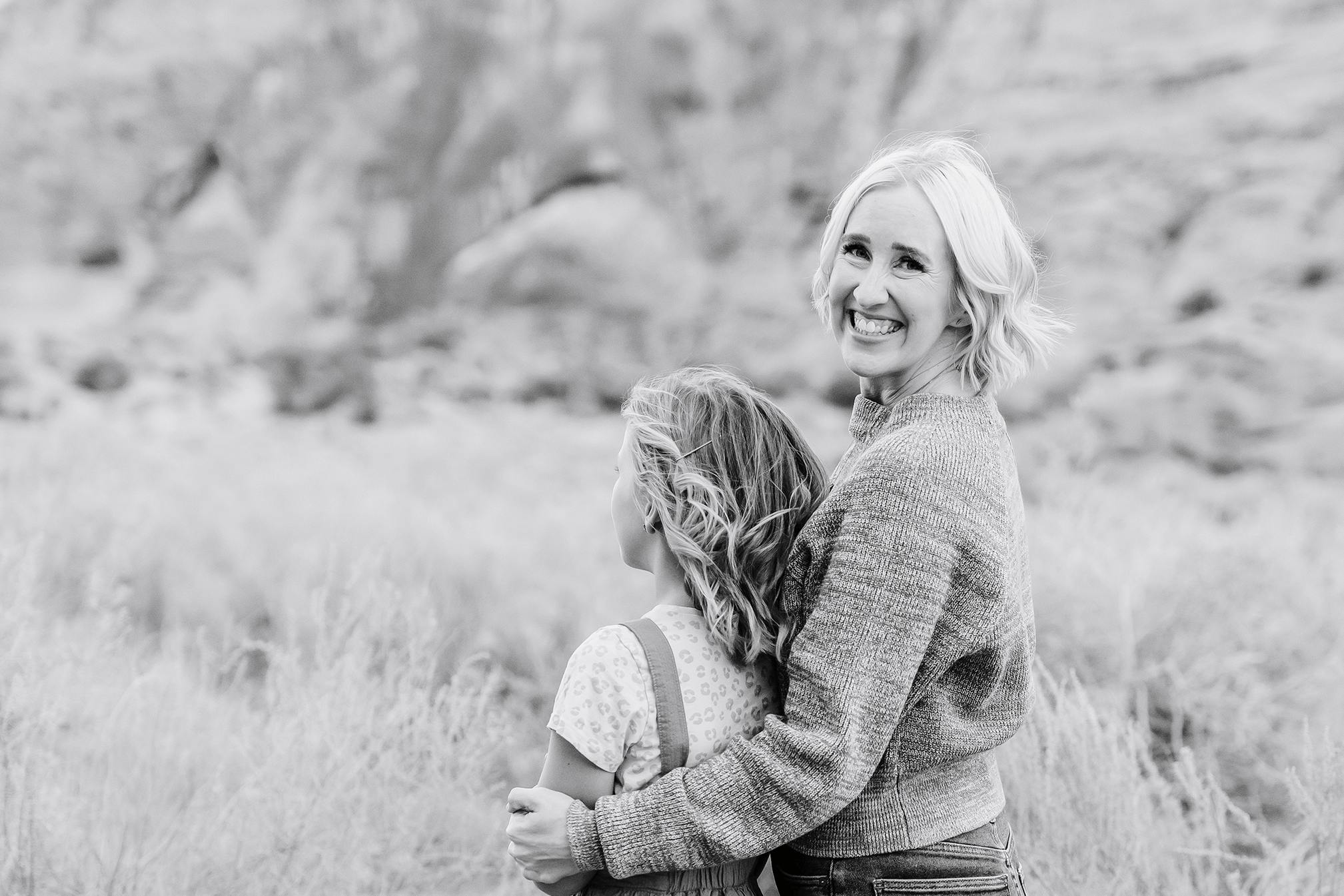When I started sketching out this series {31 Days to Radical Self-Love}, I knew this question needed addressed, but I didn’t know how to write about it.
Confession: I still don’t.
But that’s okay, because the point of the series is to think about self-love with both hands, so to speak. To toss it from one hand to the other and then back again. To bounce it around until it starts to sink in.
So today, let’s do it together.
How do you know when self-love is crossing over to over to self-ISH? (Or does it ever?)
Do you ever feel guilty for taking time for yourself? Do you ever feel selfish for putting energy into yourself or wonder if that energy should be spent on others?
Or more succinctly—
When is self-love selfish?
Last month I asked you on Facebook to point me to women you know who embody self-love. Since then, I’ve been chatting with several of these amazing women, so I threw this question to them and got some really insightful answers, just as I expected. 🙂
From Brittany Scott, writer of Eye of the Beholder and lover of good books and great movies:
Love is kind, forgiving, and merciful. Because I love myself doesn’t mean that I wish others were more like me. On the contrary, the more I forgive and accept myself, the easier it is to forgive and accept others.
When I am carrying resentment towards myself, I find that I’m thinking a lot more about ME. Ironically, that’s when selfishness creeps in. Whether I’m thinking about how I look or what others are thinking about me, it turns the attention inward instead of on other people. I have a hard time truly loving and serving others when I’m wrapped up in what I or others think about me.
Self-love comes down to the ability to forget about yourself because you know you are in a good place and are free to help others get there too.
From Stacy Moscotti, mom of one, co-parenting champ, and healthy living enthusiast—from the inside, out:
I don’t think self-love is ever selfish. It is important to be in communication with those around so that they get that you are taking care of yourself, but no one can judge what YOU need for YOU to take care of YOU.
The breakdown into perceived selfishness comes from a breakdown in communication. When someone’s needs are not being met, the “selfish” one just needs to get into the other’s world to see how her behavior is impacting the people around her. Communication is either the foundation or the breakdown of everything.
From Lorie Strassburg, a sweet college friend of mine and a mom of three cute boys:
I once heard the quote, “You can’t really love others until you learn to love yourself.” It sparked an interesting discussion with a friend of mine who is one of the most loving people I know but very much struggles with loving herself. Obviously, she did not agree with the quote.
Our conversation made me think that there’s something to the reverse of this quote… When you start to truly love those around you, you will also find deep love for yourself. I can’t help but think that it would be hard to have true self-love if you are judging/putting down/not making time for others. I would think how you treat others would start to seep into how you view yourself.
Boiled Down
Boiled down, these beautiful women and I concluded three things about the interplay between self-love and selfishness:
-
Loving ourselves allows us to focus less on our own insecurities and more on how we can be there for our people.
-
It’s essential to keep communication open with the people we’re closest to, so that they understand that self-care fills us up in a meaningful way.
-
When we see others with less judgment and more love, that same love filters down to how we treat ourselves. And when we love ourselves, that love is reflected in how we view and treat others. (It’s a double win!)
How about you? Do you ever feel selfish when you take time for yourself? If you have any thoughts on this topic, we’d love to hear!






Sometimes I do feel selfish in the moments, but when I’m able to see the grander scope, I see that what I’m doing for me extends to those in my circle to enrich the relationships.
So well said, Missy. It really is a matter of perspective. I love when I manage to see the grander scope. Best wishes!
I suppose the only problem with a discussion on this topic is the possibility of self-doubt, as I consider that the propriety of taking time for self has never been an issue to me. Should it have been? Of course all things must be done in order and in balance; however, we don’t have to “neglect” our children and our duties as mothers in order to find time to pursue activities that are joyful to us. Indeed, I believe that to do so enhances the joy of everyone in the family. Mother is setting an example of a person who has a “zest for life”, and shows it by spending some time in her wholesome interests. Isn’t this what we would want our children to eventually do for themselves? Do we want to be an example of someone who gets a healthy joy out of life, or do we do we want to teach them by our attitudes that motherhood is a dreary, all-encompassing affair wherein mother is a sort of martyr for her family? Is that the message we want to give our daughters about why they should become mothers themselves? Of course the answers to those questions are obvious. As long as things are done in wisdom–family members’ needs being addressed, I believe it gives most children a sense of gladness and lightness, and even a sense of pride, as well as a pattern for happiness themselves to observe mother doing a few things just for the pure joy of it. When things are done in balance this way, it makes it easier to experience the joy and satisfaction of taking care of children. They do require a lot from us, and that helps us grow as we get outside of ourselves. There are many ways to increase joy, and none of those ways need be exclusive.
“Do we want to be an example of someone who gets a healthy joy out of life, or do we do we want to teach them by our attitudes that motherhood is a dreary, all-encompassing affair wherein mother is a sort of martyr for her family?” Love that, Kaye! I recently heard Elizabeth Gilbert talk in a podcast (on the Lively Show) about the danger of making yourself a martyr. It really rang true with me, as did these words of yours.
Thanks for taking the time to comment! I hope you’ll keep in touch!
Absolutely love this, Erica! Will share!
I think self love and self care would become selfish only if it is out of balance. There needs to be a balance of everyone’s needs in the family being met. Too little self care and it is difficult if not impossible to meet your kids needs. Too much self care and the same thing happens as others’ needs are neglected. The right level allows the most love and meets as many family needs as possible in a balanced way.